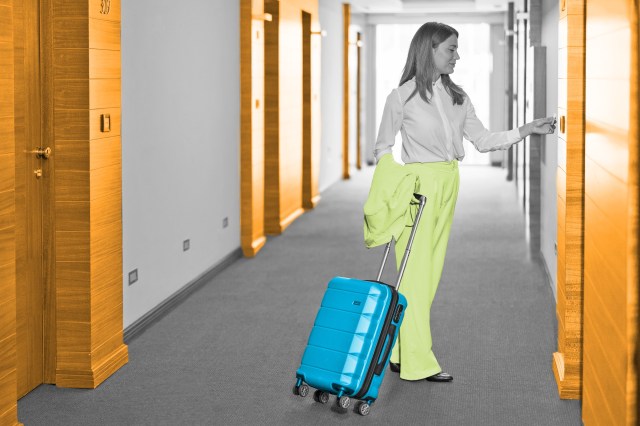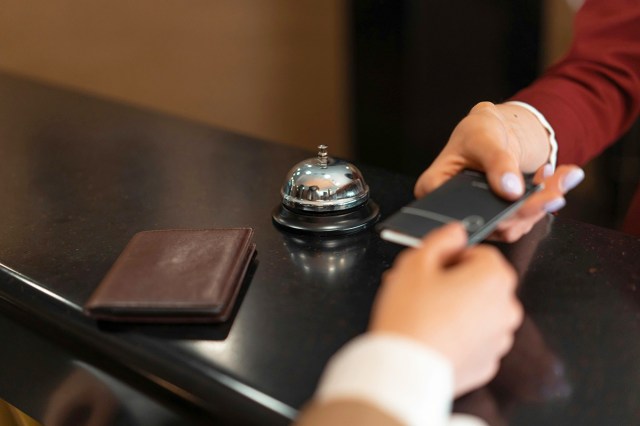
Make Any Special Requests in Advance
To ensure a smooth check-in experience for yourself and others, plan ahead. If you have special requests — such as a crib, accessible room, or early check-in — reach out to the hotel in advance rather than waiting until you arrive. This helps the staff prepare and prevents delays at the front desk.
Keep in mind that an early check-in is not always guaranteed, especially during busy periods, so have a backup plan if your room isn’t ready. When you arrive, have your ID and reservation details ready to streamline the process — or you can often check in online and skip the wait.
Travel days can be exhausting and hectic, but a little courtesy goes a long way. Simply offering a polite “please” and “thank you” to the hotel staff can set the tone for a positive interaction and a pleasant start to your stay. If you have any concerns or special needs during your visit, a friendly attitude can lead to better service and smoother resolutions.
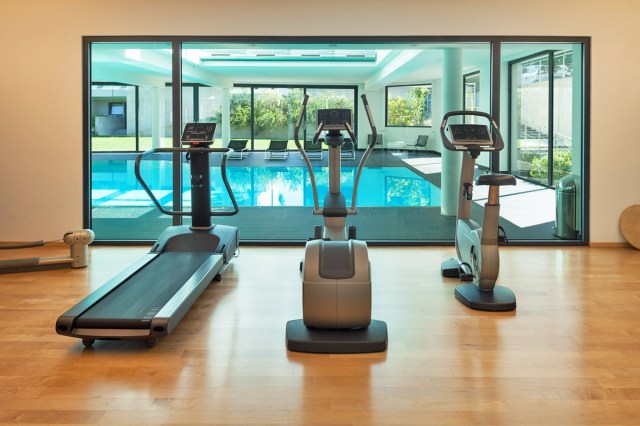
The Dos and Don’ts of Shared Spaces
Hotels are communal spaces, so it’s important to be mindful of how you use shared facilities. For instance, take only what you’ll eat at the breakfast buffet, avoid reserving lounge chairs or gym equipment for extended periods, and return borrowed items such as towels or robes when you’re finished. If an amenity is complimentary, such as coffee or toiletries, take only what you need rather than stockpiling for later.
It’s also considerate to keep conversations, TV volume, and phone calls at a reasonable level, especially in hallways and late at night. In common areas, avoid taking up more space than necessary, clean up after yourself, and follow posted guidelines for amenities such as the pool, breakfast area, and fitness center.
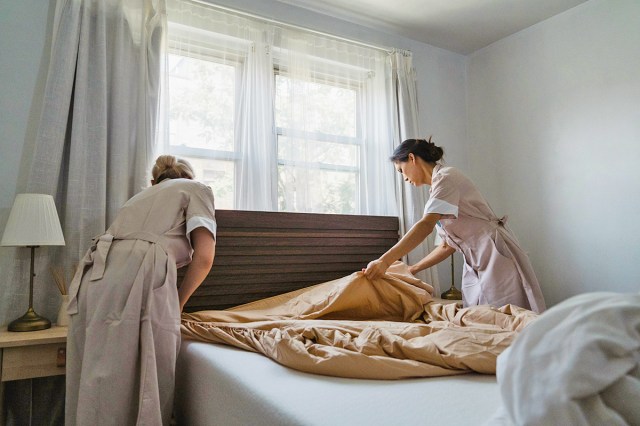
Keep Your Room Tidy To Help Housekeeping Out
A little consideration can make housekeeping’s job much easier. For instance, try storing personal items off the bed and bathroom counter so staff can clean efficiently. If you want to reuse towels, hang them up. If you need fresh ones, place them in a designated spot, typically in the bathtub or in a corner of the bathroom.
Most hotels change bedding every few days unless requested otherwise, so if you need fresh sheets sooner, check with housekeeping or the front desk. And if you don’t need housekeeping at all that day, put out the “Do Not Disturb” sign or let the front desk know. Some hotels even offer incentives for skipping daily service, including reward points or dining credits, so check if that’s an option.
More Interesting Reads
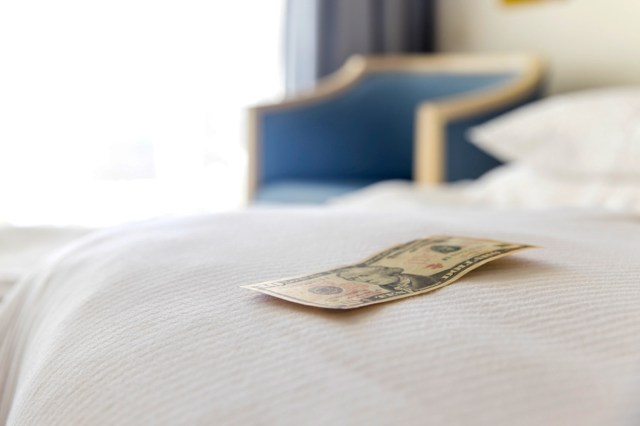
Follow Tipping Etiquette
In the U.S., tipping hotel staff is customary, while in other countries, service fees may be included in the room charge or tipping may not be expected for cultural reasons. It’s best to check local customs before you travel. That said, you can always use your discretion to tip extra if someone goes above and beyond.
Typically, housekeeping should receive $5 to $10 per day for a tip, left in an obvious spot such as the nightstand with a note indicating it’s for them. Bellhops should be tipped $2 to $5 per bag, and ditto valet attendants who retrieve your car. If a member of staff assists with hailing a cab or carrying luggage, a tip of $1 to $5 is appropriate. Concierge staff who provide special services, such as securing reservations or tickets, should be tipped $5 to $20 depending on the complexity of the request. Room service staff often have gratuity included in the bill, but if not, tipping 15% to 20% is standard.

Be Communicative When Checking Out
When it’s time to check out, be mindful of the hotel’s policies and deadlines. If you need a late checkout, it’s helpful to request it ahead of time rather than assuming it’s an option. Leaving your room in a reasonable state — disposing of trash, gathering used towels, and ensuring you haven’t left any belongings behind — makes the process smoother for housekeeping. If something was damaged during your stay, notify the front desk instead of leaving it for them to discover.
Again, courtesy goes a long way as you wrap up your stay. Thanking the staff is a given, and offering useful feedback helps the hotel improve. If a staff member offered particularly great service, you may want to consider recognizing them in a review or mentioning them to management. Positive feedback not only boosts morale but also encourages exceptional service for future guests.

